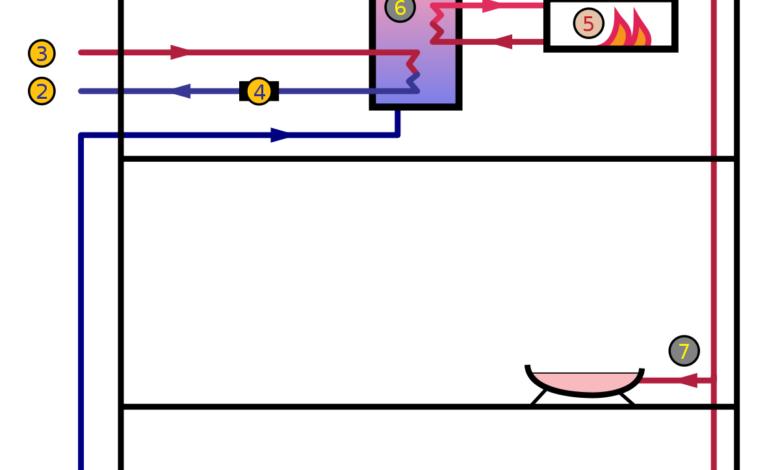The Benefits and Drawbacks of Hot Water Systems for Your Home

Hot water systems are essential to modern life, providing us with hot water for everything from showering and dish-washing to doing laundry and cleaning. There are a range of hot water systems on the market now available from a supplier in Perth – each boasting unique advantages and drawbacks that we will explore here.
Conventional Storage Tank Hot Water Systems
Conventional storage tank hot water systems are the most common type of hot water system used in homes. These systems consist of a large storage tank that is filled with water and heated by a gas or electric heater. The water in the tank is kept hot and ready for use whenever you need it.
Pros:
- Cost-effective and widely available.
- Suitable for households with high hot water usage.
- Can be installed indoors or outdoors.
- No waiting time for hot water.
Cons:
- Limited hot water supply.
- Can be bulky and take up a lot of space.
- Water can lose heat over time, leading to energy inefficiency.
- Tanks can corrode and leak, leading to maintenance issues.
Tankless Hot Water Systems
Tankless hot water systems, also known as on-demand hot water systems, do not have a storage tank. Instead, they heat the water as it passes through the system using a gas or electric heater. When you turn on the hot water tap, the system heats the water instantly, providing a continuous flow of hot water.
Pros:
- Energy-efficient, as they only heat water when needed.
- Take up less space than conventional hot water systems.
- Longer lifespan than storage tank systems.
- No risk of tank leaks.
Cons:
- Higher upfront cost.
- May not be suitable for households with high hot water usage.
- May require a larger gas line or upgraded electrical service.
- Some systems may have a slight delay in delivering hot water.
Heat Pump Hot Water Systems
Heat pump hot water systems are a type of storage tank system that uses electricity to move heat from the air or ground to heat the water. They work by extracting heat from the surrounding environment and using it to heat the water in the tank.
Pros:
- Highly energy-efficient, as they use less electricity than conventional hot water systems.
- Can be installed indoors or outdoors.
- Longer lifespan than storage tank systems.
- Low emissions, as they do not burn fossil fuels.
Cons:
- Higher upfront cost.
- May not be suitable for households in cold climates.
- May require more space for installation than conventional hot water systems.
- Some systems may generate noise during operation.
Solar Hot Water Systems
Solar hot water systems use energy from the sun to heat water. They consist of solar collectors that absorb energy from the sun and transfer it to a storage tank. The heated water can then be used for a variety of purposes, such as showering and washing dishes.
Pros:
- Highly energy-efficient and cost-effective in the long run.
- Low emissions, as they do not burn fossil fuels.
- Can be used in remote areas without access to a power grid.
- Long lifespan, with little to no maintenance required.
Cons:
- Higher upfront cost.
- May not be suitable for households in areas with limited sunlight.
- May require more space for installation than conventional hot water systems.
- May require a backup system for times of low sunlight.
Conclusion
Hot water systems are an essential part of modern living, and there are a variety of different types available to suit different needs and preferences. When choosing a hot water system for your home, consider factors such as energy efficiency, cost, and suitability for your household’s hot water usage. With the right hot water system, you can enjoy the benefits of hot water without breaking the bank or harming the environment.



